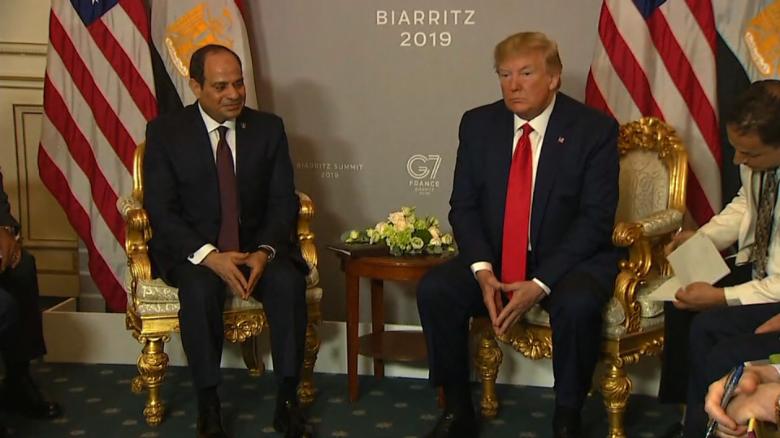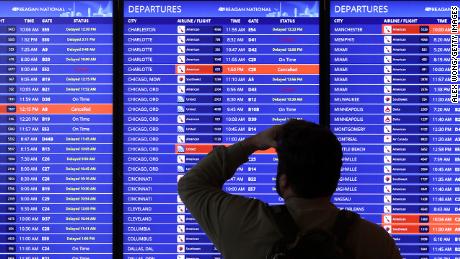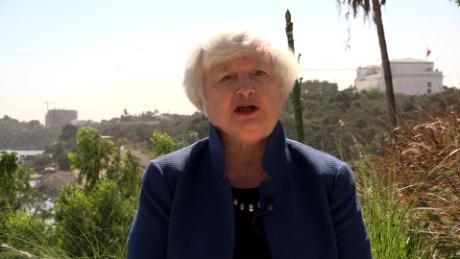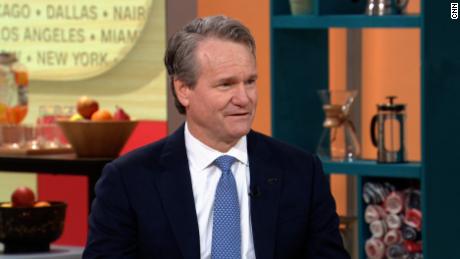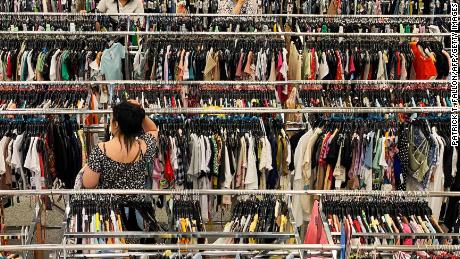Hong Kong (CNN Business)China's massive manufacturing industry unexpectedly expanded last month, according to a closely watched private survey. But the country's economic outlook is still cloudy as the US-China trade war intensifies.
The sector posted the fastest increase in production in five months, according to a survey released Monday by the media group Caixin. The purchasing managers index jumped to 50.4 in August, rising above the 50-point level that indicates growth compared with the previous month.
The important gauge beat the estimates of analysts polled by Reuters, who expected a slight decline. It's also better than the contraction in activity that official government figures released over the weekend showed.
The surprising pickup was likely because of strong spending on infrastructure by local governments, according to Julian Evans-Pritchard, senior China economist for Capital Economics.
Trade war troubles
But the latest data presented some troubling signals. New export orders fell to the lowest level this year ŌĆö an indication that foreign demand is declining as the US-China trade war rages on, said Zhengsheng Zhong, director of macroeconomic analysis at CEBM Group.
The trade war has shown no signs of abating, and the most recent escalation comes as concerns about slowing global growth are building, and as the fear of recession stalks several major economies. The latest round of tariffs that the United States and China imposed on each other went into effect Sunday.
Zhong pointed out in a note accompanying the Caixin data that there was "no sign of improvement" in business confidence.
"China's economy showed signs of a short-term recovery, but downward pressure remains a long-term problem," he wrote.
The August data marked a "temporary green blip," according to Stephen Innes, a market strategist for Asia Pacific at AxiTrader. He added in a research note that exports to the United States were front-loaded ahead of higher tariffs, which supported trade and overall growth. But he expected that effect to fade in the months ahead.
Policy moves
What China is doing now to support its economy may not be enough to stave off problems later this year.
The manufacturing indexes are consistent with a slowdown in year-on-year economic growth, wrote Evans-Pritchard, the Capital Economics economist. "We think authorities will have little choice but to roll out further policy easing measures in the coming months."
Last month, Chinese policymakers unveiled what amounted to a tiny rate cut on new loans for companies ŌĆö a measure analysts at the time suspected wouldn't mean that much for China's economy. The central bank signaled at the time that it could potentially do more to boost the country's flagging economy.
A weaker yuan could also offset the impact of tariffs by making exports cheaper and helping to stabilize the economy, said Ken Cheung, chief foreign exchange strategist for Asia at Mizuho Bank in Hong Kong.
The currency has lost 4.3% against the dollar this year and its daily movements are being closely watched by investors, especially since a surprise devaluation last month briefly shook markets. The yuan's weakening has been taken as a sign that Beijing has less incentive to prop up the currency in the context of the trade war.
